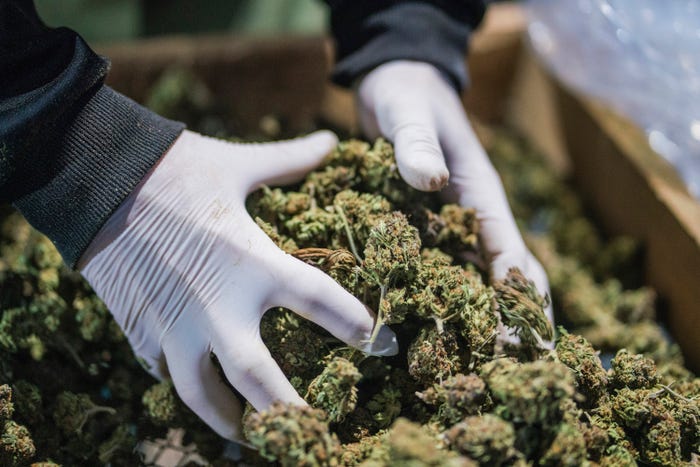Since colonoscopies do not “take all day,” it is understandable why this misconception persists. While the operation takes just 15-30 minutes, the colonoscopy planning and pre-op/post-op time commitment make it feel much longer. When you consider how many years (or even decades) a colonoscopy will bring to your life, the time spent on this potentially life-saving operation becomes more reasonable.
Author: Dr. Sarmed Sami MBChB, MRCP, PGCME, PhD
Consultant Gastroenterologist, Founder and Director of Digestive Health UK.
Alternative colon cancer screening tests can seem appealing. A colonoscopy, on the other hand, delivers substantially more health benefits at a comparable cost, making it the preferred screening for detecting and preventing colon cancer. Furthermore, it is the only form of colon cancer screening that actually prevents cancer by allowing the doctor to remove precancerous colon polyps during the treatment. Polyps are the starting point for all colon cancer, so no polyps means no cancer! Aside from a colonoscopy, there is no examination that can prevent colon cancer.
Everyone enjoys a good joke or a good story with exaggerated descriptions for emphasis, but colonoscopy stories appear to lose credibility as they spread. Knowing the truth is the perfect way to dispel myths. The following are the facts about colonoscopy steps and why each one is important:
Before colonoscopy
Colon cancer prevention necessitates some effort on your part, which is bowel preparation, also known as colonoscopy prep. A good colonoscopy needs proper bowel preparation. Follow the specific instructions included in your bowel prep kit for a complete colon cleanse. In the hours leading up to your colonoscopy, you’ll need to stick to a clear liquid diet. You are allowed to eat some permitted sweets, but only under certain conditions. There are also ways to make colonoscopy preparation simpler.
During Colonoscopy
On the day of your colonoscopy, expect to spend two to three hours at your outpatient GI clinic. You can arrive 15 minutes early for your appointment so that you can sign in and complete paperwork. The treatment will proceed rapidly once you receive a call from the nurse. Most colonoscopies are done under anaesthesia or with sedatives to put you to sleep, so you won’t remember anything.
Your GI doctor will check the length of your colon while you are sedated for any symptoms of colon cancer or other digestive system diseases. The doctor will remove any suspected polyps at that time to reduce the cancer risk.
After Colonoscopy
When you wake up, you’ll be a bit groggy, but once you’re awake, you’ll get ready and meet with your doctor to talk through your results briefly. You won’t have to come back for another ten years if no polyps are identified and you don’t have a family history of the disease.
You must be driven home by a family member or acquaintance. The good news is that you can relax and eat normally for the rest of the day. The sedative will wear off during the course of the day, and you will be able to go back to work the next day.



